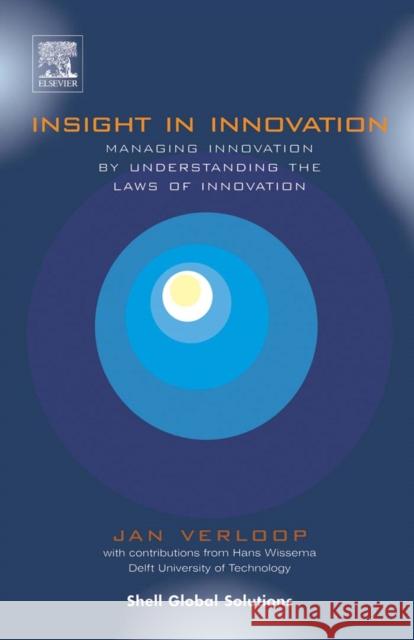Insight in Innovation: Managing Innovation by Understanding the Laws of Innovation » książka
Insight in Innovation: Managing Innovation by Understanding the Laws of Innovation
ISBN-13: 9780444516831 / Angielski / Twarda / 1999 / 170 str.
Innovation is an ancient art, may be as old as 500,000 years, but managing innovation is a relatively young management technique, only a few decades old, and has received much less attention than other aspects of innovation such as creativity, entrepreneurship or venturing. This book is not about providing a series of recipes on innovation management or a collection of case stories on how to do innovation or not. The few examples given are well known innovations from (Shell) history and all of them have been described before in the literature. However, this book does not focus on the brilliant result or failure of the innovations, but on the process of innovation in order to understand the features of a well-managed innovation effort.
The book has been written around six main themes:
1. Understanding innovation as a business process and how it has developed through history.
2. For a manager it is essential to appreciate the fundamental difference between inside- and outside-the-box innovation; each one needs its own specific management process.
3. The main roles of the innovation manager are managing the innovation funnel, executing the innovation strategy and optimising the value of the innovation portfolio.
4. Entrepreneurship is the key resource in innovation and the right conditions have to be created for it to flourish in large companies.
5. The value of innovation can be assessed as an option value and in creating intellectual capital for the company.
6. Integrating sustainable development in the innovation process requires changes in the management process, in the assessment and valuation of innovation, and in the interaction with the stakeholders.











